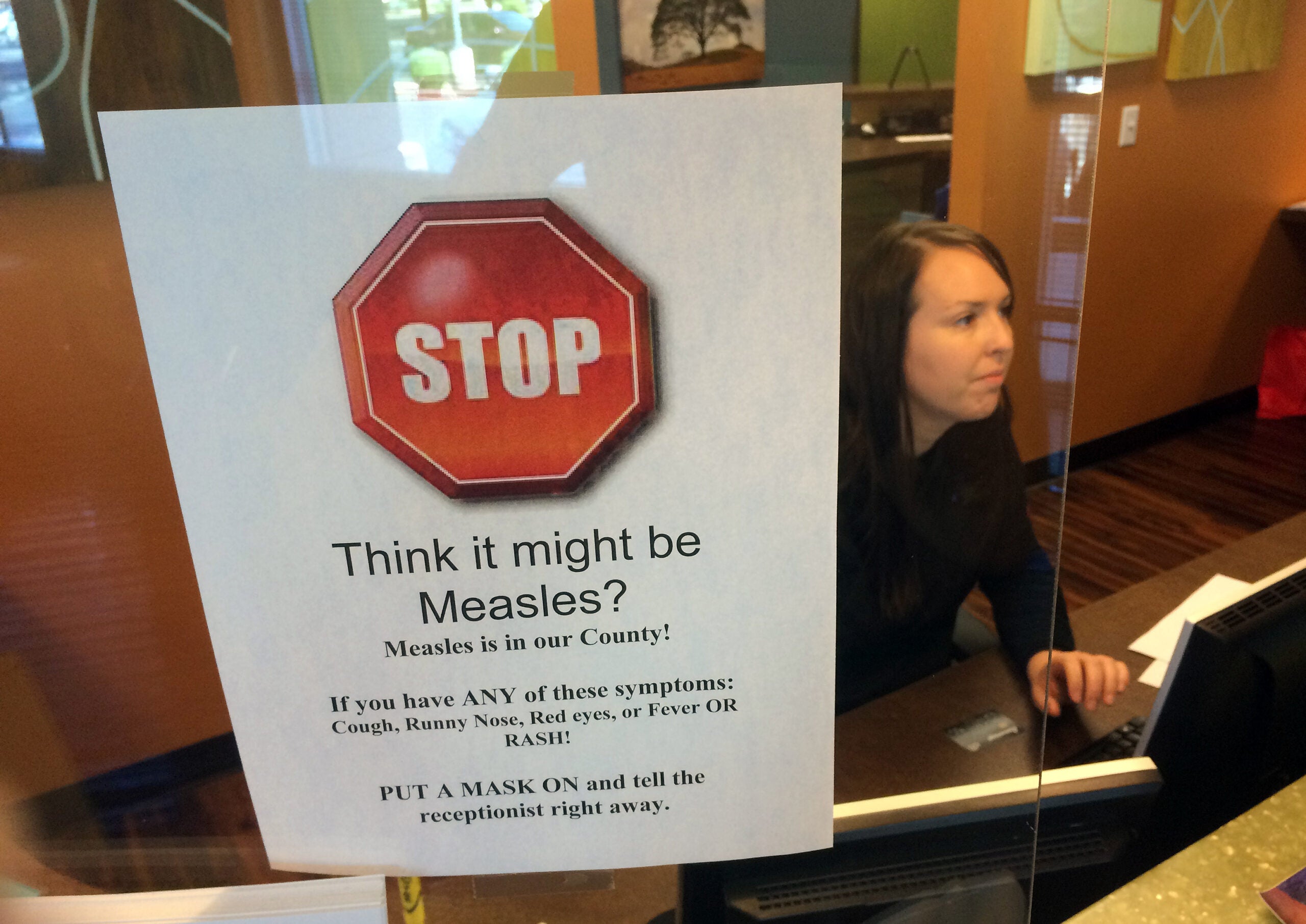A new report released Tuesday by the U.S. Department of Health and Human Services shows that COVID-19 vaccinations likely prevented an estimated 5,500 new infections and 700 deaths among Wisconsin’s seniors during the first five months of 2021.
“Vaccinations, we know are clinically effective from the studies and now we see this population-level change that ties directly to the timing of these vaccinations,” said Benjamin Sommers, who works on health policy for the department.
The study looked at data for 25 million Medicare beneficiaries in 48 states, Puerto Rico and Washington, D.C. from January through May 2021. During this time, vaccination rates grew from 1 percent to 47 percent among 18- to 64-year-olds and from 1 percent to 80 percent among seniors.
News with a little more humanity
WPR’s “Wisconsin Today” newsletter keeps you connected to the state you love without feeling overwhelmed. No paywall. No agenda. No corporate filter.
What researchers found is that the counties with the highest rates of vaccination saw the biggest reductions in new COVID-19 infections, hospitalizations and deaths among Medicare recipients. For each 10 percent increase in county vaccination rates, there was an 11 to 12 percent decrease in weekly COVID-19 hospitalizations and deaths.
“All of that points to this being a consequence of vaccination rates,” said Sommers.
At the time of the study, Wisconsin had one of the highest rates of vaccinations for seniors in the nation, due in large part to an efficient vaccine rollout.
Because the study was done at a time when Wisconsin had a relatively low number of new infections, Dr. Ben Weston, Milwaukee County’s chief health policy advisor, said he is approaching the data with cautious optimism.
“We still have several more months — months when we saw a spike and we saw a significant increase in hospitalizations that haven’t even been counted here. So, I think this is an additional layering of good news for the vaccines,” said Weston.
Since July, new cases in Wisconsin have been creeping back up and the state is currently averaging around 2,500 new cases per week. Children under 18 account for much of the spike.
While Sommers said he can’t make predictions about where things stand now, he thinks it’s possible that even more infections, hospitalizations and deaths have been prevented since the study.
“Given everything we know about the vaccinations and everything we know about the rates and the summer surge, it’s more important than ever to be vaccinated,” said Sommers. “We would expect that would show up when we update the numbers with newer data.”
As of Oct. 4, 85.6 percent of Wisconsin seniors have received at least one dose of the vaccine. Overall, 56.9 percent of Wisconsin residents have been vaccinated, according to the state Department of Health Services.
The report comes just as the U.S. passed 700,000 deaths from COVID-19, making it the deadliest pandemic in the country’s history. According to the report, a little over half of these deaths occurred in the first nine months of the pandemic, before vaccines were available, when nearly 80 percent of COVID-19 deaths were people 65 and older.
While the study looked at infections, hospitalizations and deaths for seniors receiving Medicare, they looked at vaccine rates for all ages. They found that higher vaccination rates across all age groups were more effective at reducing new infections and deaths for seniors than higher rates of vaccinations among seniors alone. Essentially, the more people who are vaccinated, the safer it is for the most vulnerable populations.
“These are some of the most, if not the most, safe and effective vaccines that have ever been developed,” said Weston. “The more people that can embrace them, the more we can decrease our disease burden and the more we can get back to normal.”
Editor’s note: This story has been corrected to state the study looked at data for 25 million Medicare beneficiaries.
Wisconsin Public Radio, © Copyright 2025, Board of Regents of the University of Wisconsin System and Wisconsin Educational Communications Board.






